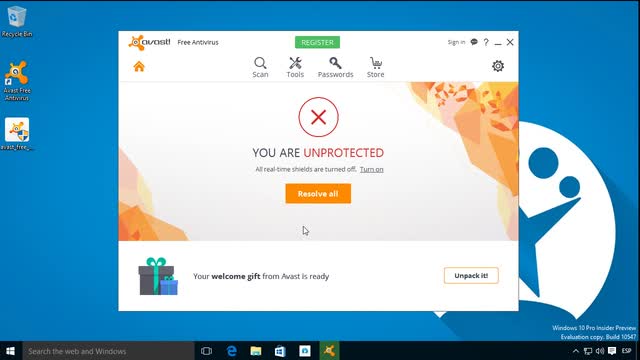Barcelona is witnessing the biggest tech party of the year at the ensuing Mobile World Congress 2017 while a potential cyber attack looks imminent, given the presence of hackable smart devices in millions.
Avast holds the track record for making thorough investigations during the Mobile World Congress every year. This year the experts from Avast said that the Spanish nation is susceptible to an Internet of Things attack. They have discovered 5.3 million smart devices in Spain to be vulnerable to aan imminent cyber attack. And 493,000 smart devices including, smart kettles, smart coffee machines and smart refrigerators, are located in Barcelona alone.

Even more alarming is the fact that over 22,000 webcams and baby monitors can easily be hacked, which has been a norm for criminals in many years. There is good possibility of government agencies spying on people through webcams as suggested earlier through illustrations by ex-CIA computer expert, Edward Snowden.
Avast was able to come up with this conclusion with the help of Shodan, a connected objects search engine. As BBC noted, smart devices with outdated firmware and a known vulnerability are susceptible to such attacks.
And MWC 2017 is not safe from any of the potential threats mentioned above, according to Business Wire. The scary part is the cyber criminals can compromise any smart device in the event particularly cameras and not only they will be able to witness the happenings at the MWC, they may even spy on some valuable company secrets. Webcams that are set to live stream are the easiest targets for these hackers.
The biggest danger, however, is the possibility of a bot attack. Hijacked smart devices can be turned into a bot which could later become part of a wider botnet. If this is the case, the hacker can easily attack servers and eventually take down websites, just like what happened to Twitter, Amazon, Netflix and other major websites when Dyn was subjected to a series of DDoS attacks.









